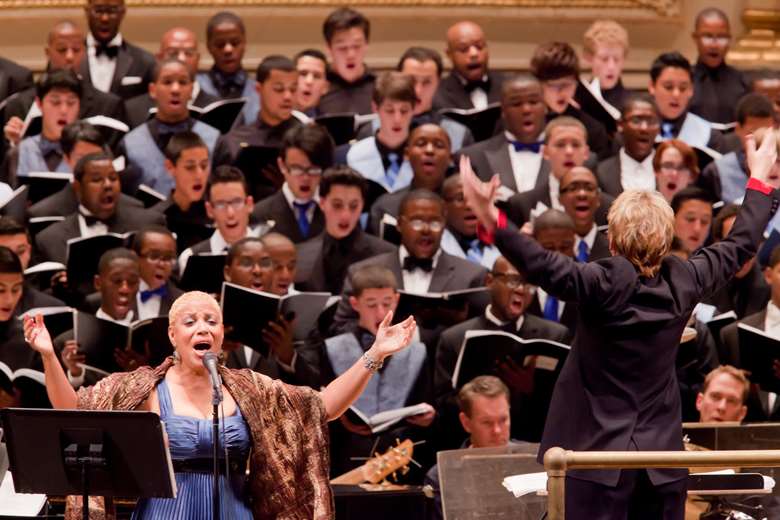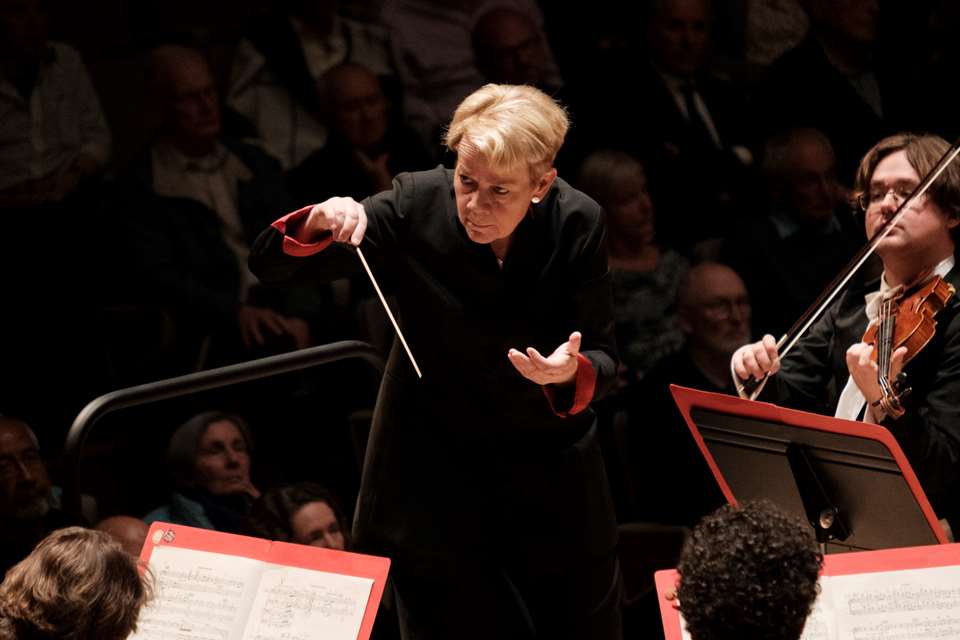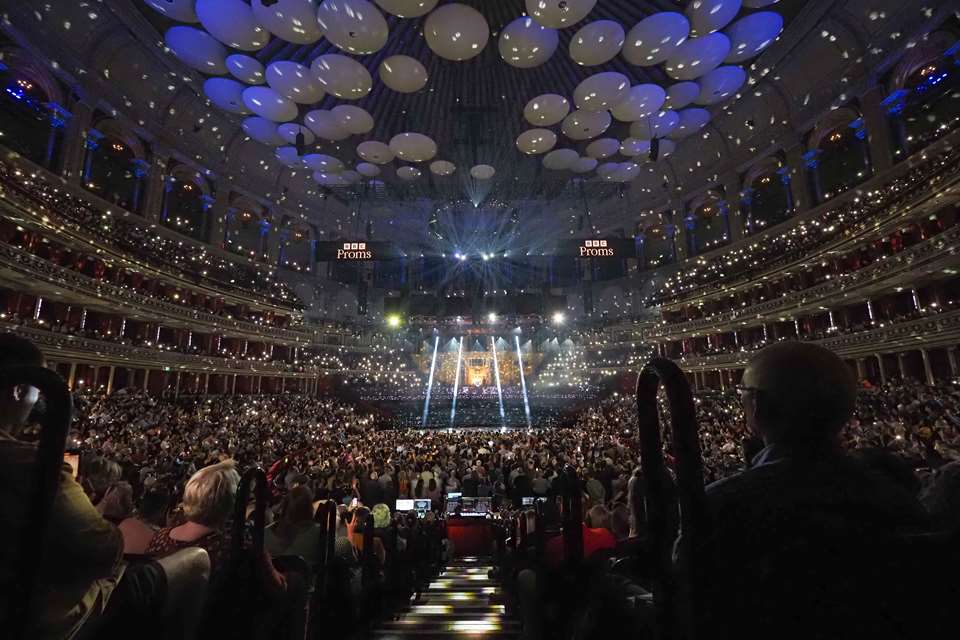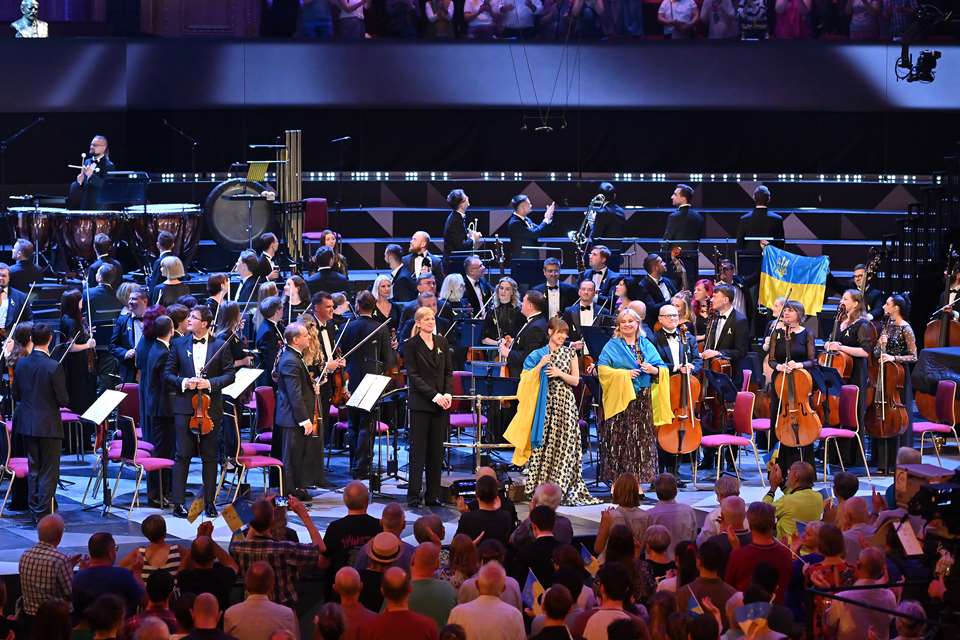‘I must have been born sacrilegious because I love this!’: Marin Alsop on reimagining Handel’s Messiah
Florence Lockheart
Friday, September 29, 2023
The conductor and creator of Too Hot to Handel: The Gospel Messiah! talks to Florence Lockheart about tackling the challenge of updating Handel’s festive favourite while preserving its ‘DNA’ and how embracing jazz, gospel and R&B influences has opened this much-loved oratorio to a host of new audiences and performers


Register now to continue reading
Don’t miss out on our dedicated coverage of the classical music world. Register today to enjoy the following benefits:
- Unlimited access to news pages
- Free weekly email newsletter
- Free access to two subscriber-only articles per month



